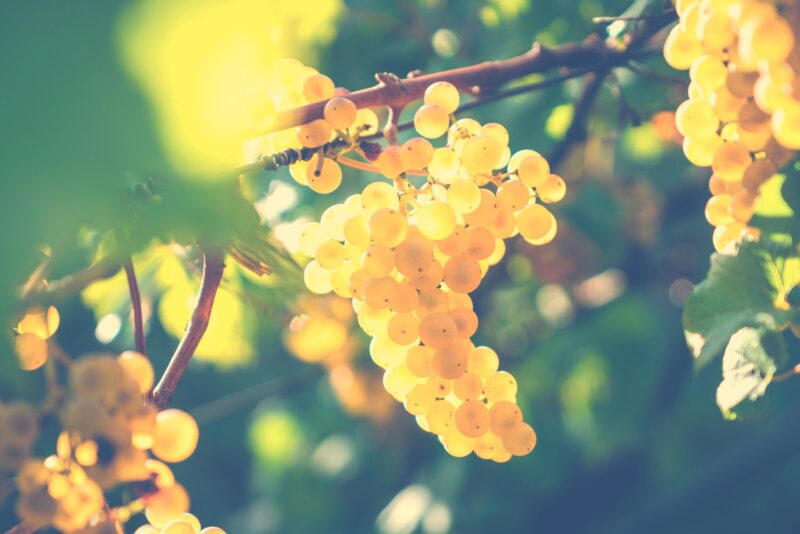“Even as I write, it is approaching once again, the season that a schoolgirl celebrated long ago because, precociously, she loved it. It comes back decked in gold, so as to inspire wisdom, or its opposite,”
Colette, Earthly Paradise
The schoolgirl is gone. The vineyard, still on the top of a mountain, perched on a ledge from which one can see, on a clear day, the Mediterranean; both sky and sea in gradations of blue, between the rippling mountains.
The vines are the same. The vines are not the same; last year, the grapes swelled golden, lush, with promise, then were picked and pressed into arak. Last year, the leaves exploded into voluptuous ochres, reds, almost burgundies, then were carried off or wilted.
Like so much else.
The couple parking their car at the dark green wire gate are not the same either, since last year. Since last year, they have lived. They wore these bodies to weddings and funerals and picnics, used these hands and eyes and mouths to taste countless moments since the last grapes. Every cell in them felt every emotion, and every cell has been replaced. Nothing remains of who they were last year, but they are, still, and here.
Tired, weathered. It has been a trying year. Not tragically; all are, differently, and in gradations, like hues of blue sky. And time is circular, and now the grapes are glowing, swollen again and dusted with light. Early morning. And here they are.
Harvest, on the last weekend of October. Friends come to help. Some are missing from last year. Not tragic either, just life. Some are new. They carry crates up and down the rows of vines, stopping to share a joke or story or particularly juicy bunch of grapes.
The latter are gathered swiftly. They will be shared equally. Arak will be made that tastes of the happy and sad of this year, later.
Later.
Now, plastic chairs and tables and a plastic tablecloth, red and white and with a minuscule hole; last year, hot wax from a candle. Now, small plates and giant containers of manakish, thyme and cheese, someone baked at five o’clock this morning. Soft, even a little warm, still.
Now, olives. Tomatoes and cucumbers from someone’s garden. Mint from the ledge in someone’s kitchen. Thermoses: Turkish coffee. And for dessert, the grapes, picked in their prime, syrupy and luscious.
Everyone brings something and everyone eats and feasts and time goes around, and the air warms and brightens into the day, then by evening, freshens. The sun sets and the group disperses with the last of October, until next time, next year, the next harvest, maybe.
There are no more grapes on the vines. The leaves will soon go too. Winter will sprinkle the naked branches with snow like powdered sugar. The couple drive down the same winding road to the highway they will take home. Spring will come, and summer, and October, again. The couple may not.
Not tragic. Their time is linear, like that of nomads and merchants and travellers on great journeys, as great and wondrous as their destination. Greater; their time is a crescendo, because it is finite, because it believes, in spite of all things, in the return of October.
Wisdom, or its opposite,
“so that the chestnut tree may flower a second time, so that the cat, which weaned its last litter in June, may feel the need for further adventures, so that the swallow may be misled and start another nest, so that a ripened woman may glow with sunlight and sigh: “I’m sure there’ll never be another winter…”
